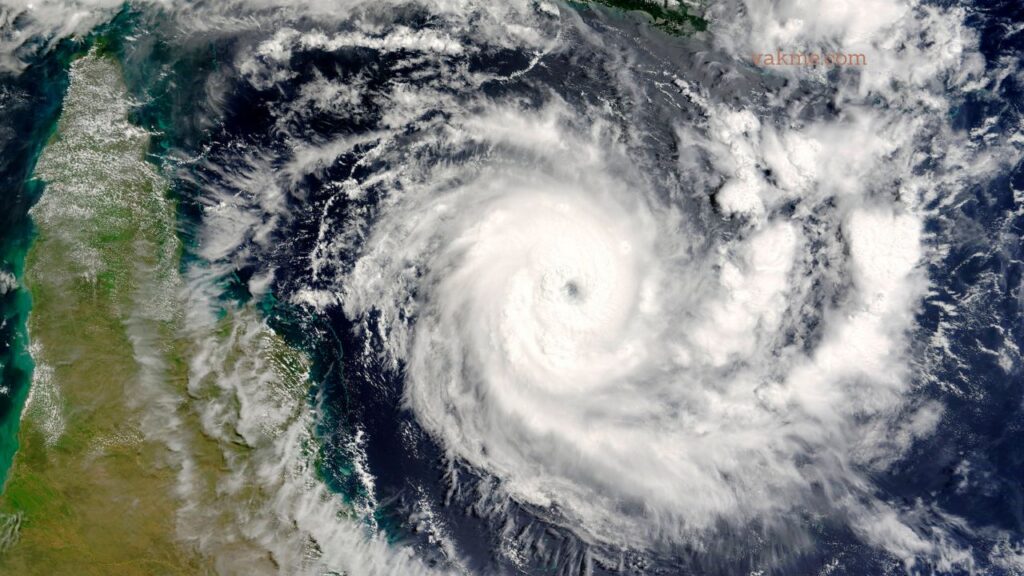The effects of climate change on our planet’s ecosystems are becoming increasingly apparent, with profound implications for biodiversity, ecosystems, and human well-being. Exploring the impact of climate change on nature is not just a matter of scientific curiosity; it’s an urgent imperative for understanding, mitigating, and adapting to the challenges ahead. In this insightful guide, we’ll delve into 11 compelling reasons why exploring the impact of climate change on nature is essential for our planet’s future.
1. Preservation of Biodiversity
Dive into the importance of preserving biodiversity, which is threatened by the impacts of climate change. Understanding how climate change affects ecosystems, species distributions, and habitat loss is crucial for conservation efforts aimed at protecting endangered species and maintaining ecological balance.
2. Protection of Ecosystem Services
Explore the vital role of ecosystems in providing essential services such as clean air, water, food, and climate regulation. Investigating the impact of climate change on ecosystems helps identify vulnerabilities and informs strategies to safeguard these valuable ecosystem services for future generations.
3. Mitigation of Climate-Related Disasters
Examine the link between climate change and extreme weather events, including hurricanes, droughts, floods, and wildfires. By understanding the connections between climate change and natural disasters, we can develop mitigation measures and improve resilience to minimize the human and environmental impacts of these events.

4. Adaptation Strategies for Communities
Investigate the importance of developing adaptation strategies to address the impacts of climate change on communities and livelihoods. Exploring how climate change affects natural resources, agriculture, infrastructure, and public health enables communities to proactively adapt and build resilience to changing conditions.
5. Conservation of Natural Resources
Recognize the significance of conserving natural resources such as forests, wetlands, and oceans in the face of climate change. Studying the impact of climate change on these ecosystems helps inform sustainable management practices and conservation efforts to preserve essential resources for future generations.
6. Preservation of Cultural Heritage
Understand how climate change threatens cultural heritage sites, indigenous traditions, and cultural landscapes around the world. Exploring the impact of climate change on cultural heritage highlights the need for preservation efforts and collaborative strategies to safeguard these irreplaceable treasures.

7. Protection of Vulnerable Populations
Examine the disproportionate impact of climate change on vulnerable populations, including low-income communities, indigenous peoples, and marginalized groups. Understanding the social and environmental justice implications of climate change informs equitable policies and interventions to protect those most affected.
8. Promotion of Sustainable Development
Explore the intersection of climate change and sustainable development goals, including poverty alleviation, social equity, and environmental stewardship. Investigating the impact of climate change on development pathways informs integrated solutions that prioritize sustainability and resilience for people and the planet.
9. Advancement of Scientific Knowledge
Appreciate the role of scientific research in advancing our understanding of climate change and its effects on nature. Exploring climate change impacts generates valuable data, insights, and predictive models that contribute to scientific knowledge and inform evidence-based decision-making.
10. Engagement and Advocacy
Recognize the importance of public engagement and advocacy in addressing climate change and its impacts on nature. By raising awareness, fostering dialogue, and advocating for policy action, individuals and organizations can drive positive change and mobilize collective efforts to address the climate crisis.

11. Preservation of Earth’s Future
Reflect on the overarching goal of exploring the impact of climate change on nature: safeguarding the health and resilience of our planet for future generations. By taking proactive measures to understand, mitigate, and adapt to the effects of climate change, we can protect Earth’s biodiversity, ecosystems, and natural beauty for the long-term sustainability of life on our planet.
Conclusion
Exploring the impact of climate change on nature is not only a scientific endeavor but a moral imperative and collective responsibility for the well-being of our planet and future generations. By understanding the interconnectedness of climate change, biodiversity, ecosystems, and human society, we can work together to address the challenges ahead and create a more sustainable and resilient future for all. Embrace the urgency of exploring climate change impacts, and join the global effort to protect and preserve the natural world for generations to come.











